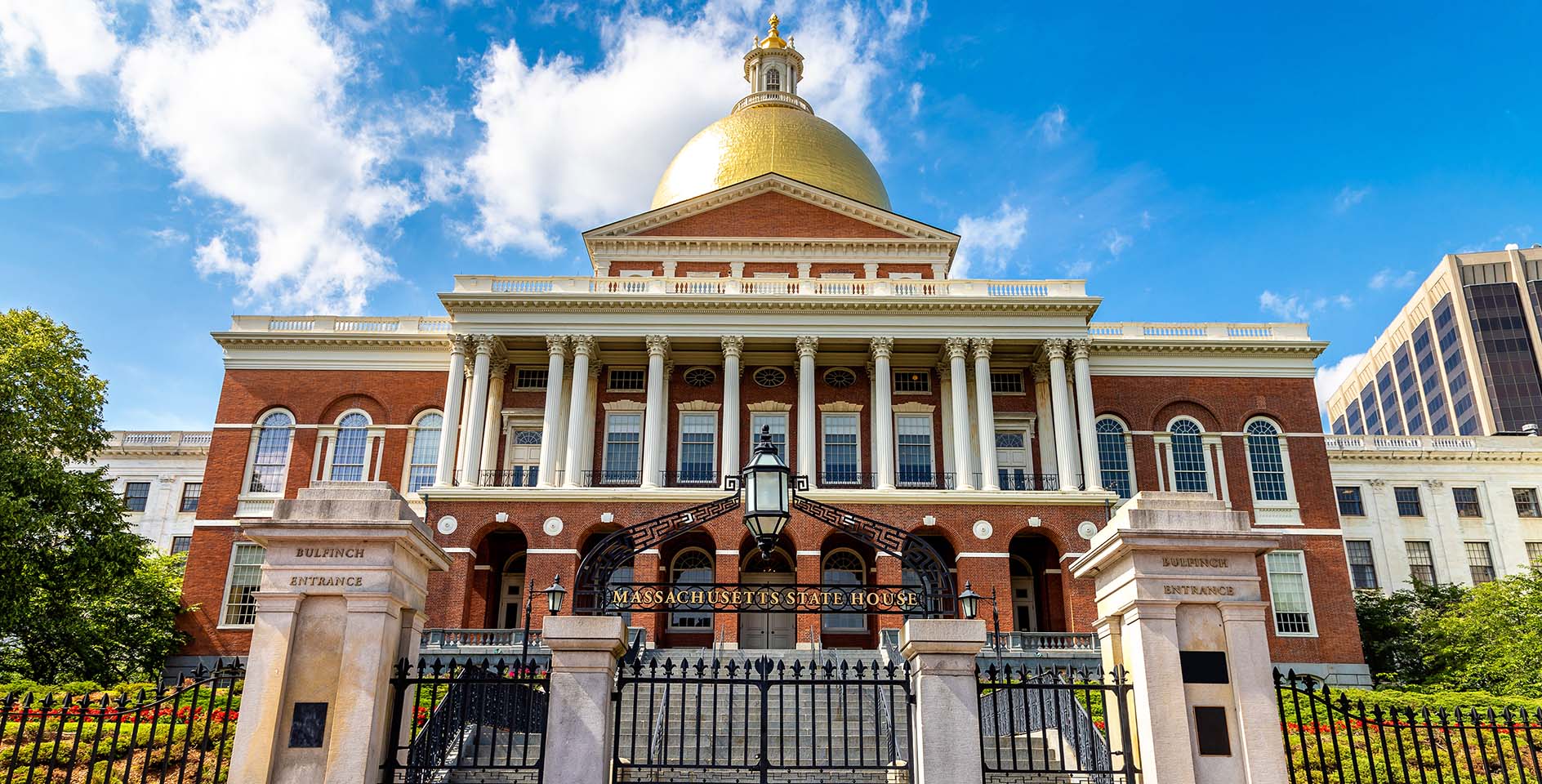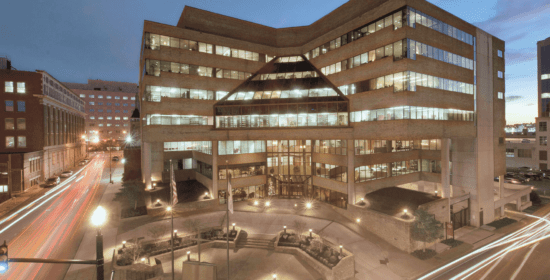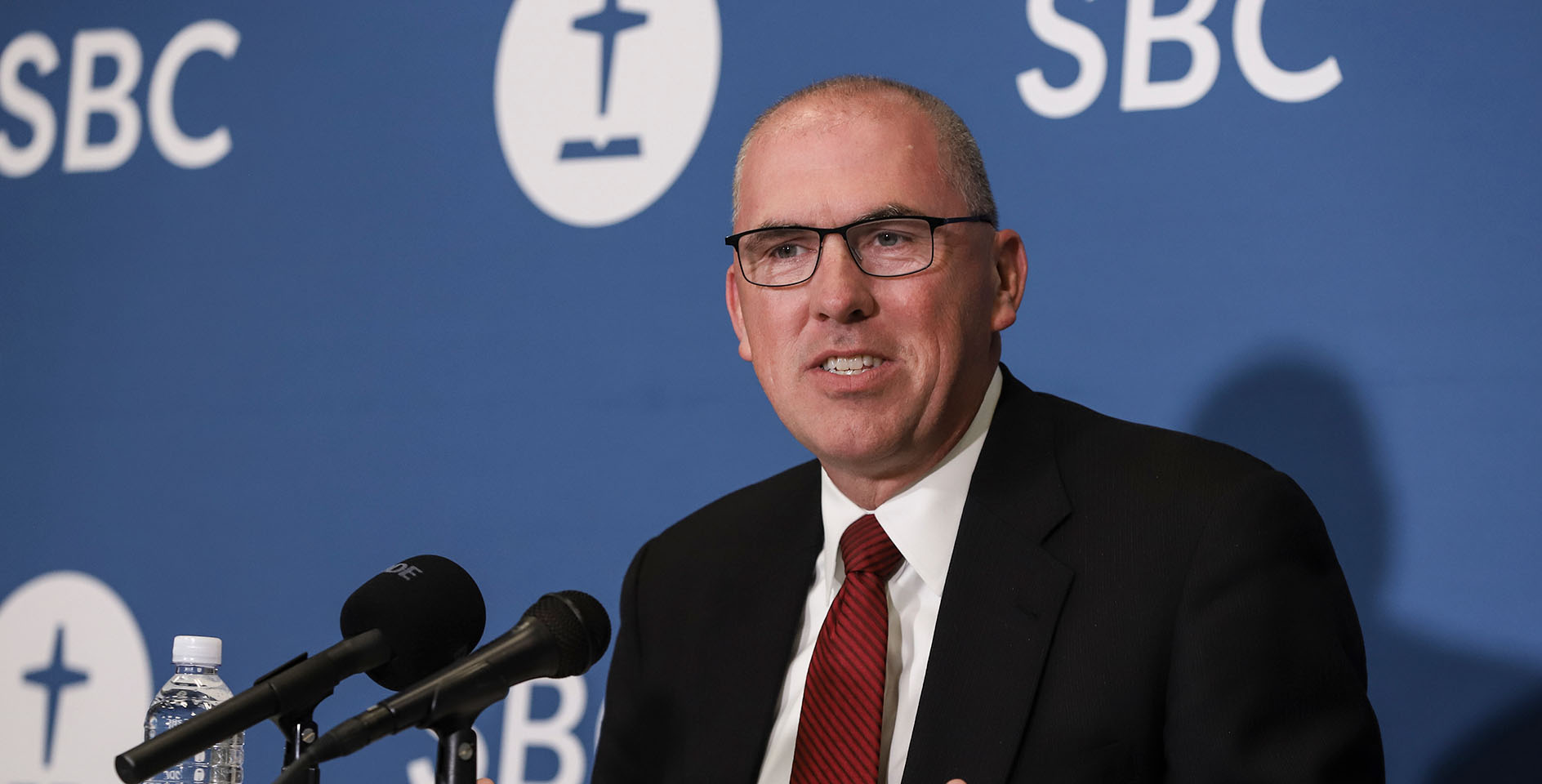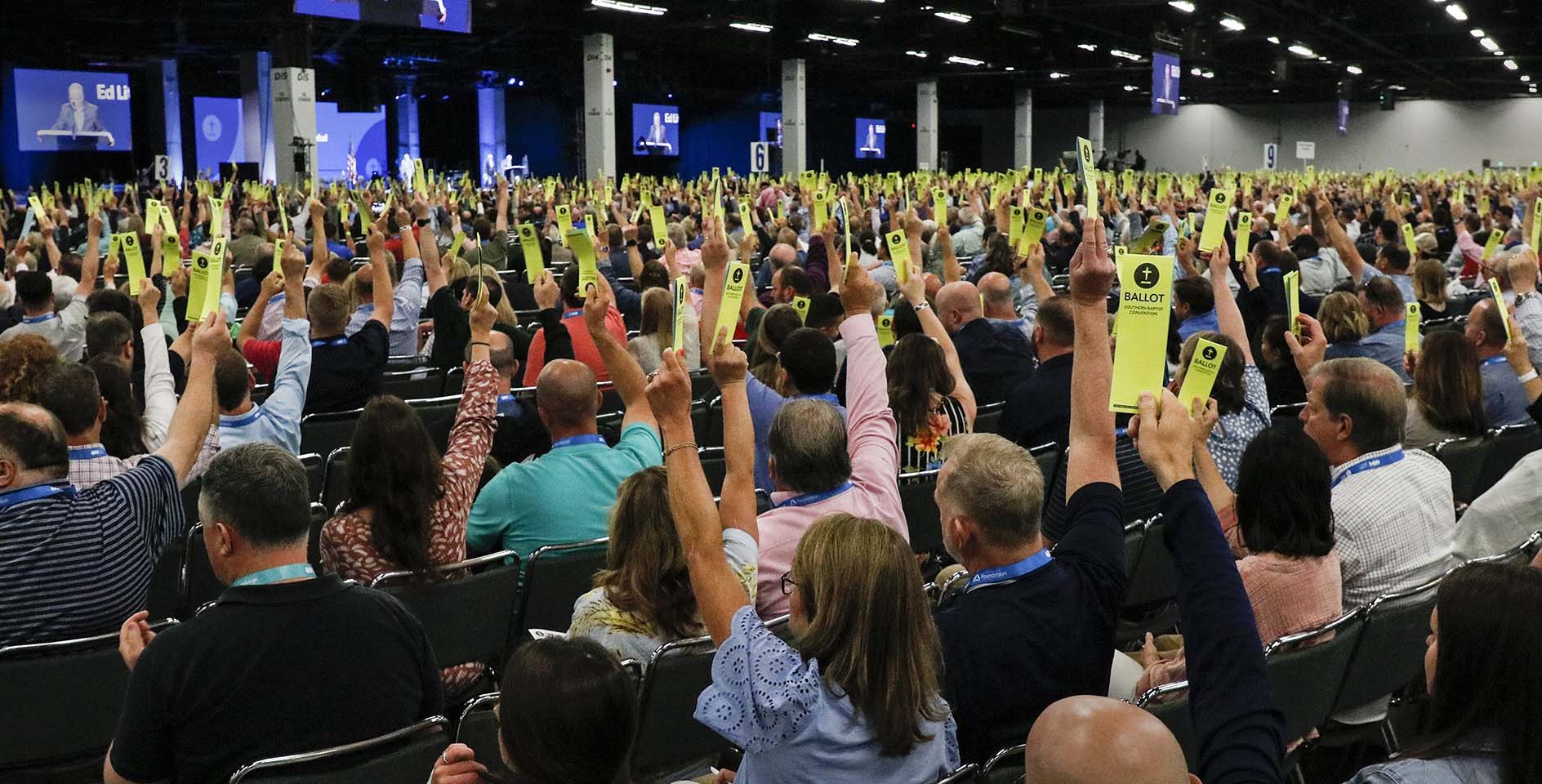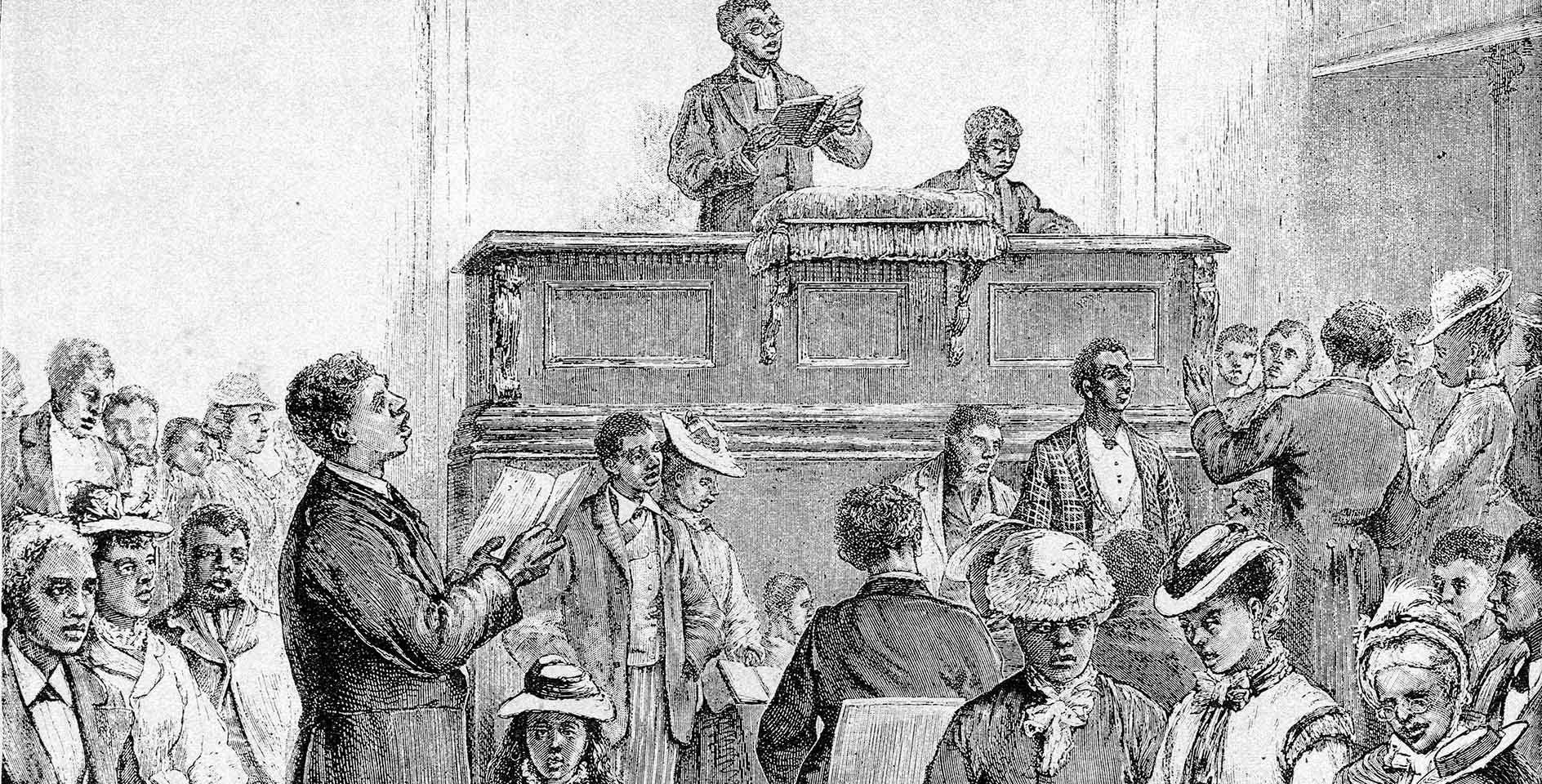Saturday marks the 182nd anniversary of the death of John Leland, the most influential Baptist preacher of America’s Founding era.
Here are five facts you should know about this champion of religious liberty.
1. Leland was an active and productive pastor. From the age of 18 until his death at 86, he preached approximately 8,000 sermons, wrote numerous hymns, published about 30 pamphlets, and baptized 1,524 people. He also personally knew 962 pastors, out of which 303 he heard preach and 207 who visited him at his home.
2. Leland had an outsized influence on the establishment of religious liberty in America through his relationship with James Madison, the primary author of the U.S. Constitution. Leland, who was considered the “leader of the Virginia Baptists,” helped Madison get elected both as a delegate to the Constitutional Convention and to the first Congress. Madison repaid Leland and the other Baptists by keeping his campaign promise to support a Bill of Rights that included the Establishment Clause.
3. For much of his early career Leland rarely spoke publicly about one of the key issues of his day—slavery. However, on returning to his home state of Massachusetts in 1791, he began to forcefully champion the emancipation of slaves. Leland thought the cause of freedom for Black Americans would be an opportunity for Christian youth:
If any of the slave-holders will neither give nor sell their slaves, here will be a great door opened for missionary labors. The pious youth, who are waiting for a gap, will now have a loud call to go and preach to the hard-hearted masters, and flatter them to give, and threaten them if they will not.
Although he continued to oppose slavery, Leland later in life began to denounce abolitionists as troublemakers. Many slaveholders, he said, “in heart are opposed to slavery, and would gladly set their slaves free, if they could be provided for.”
4. Leland once used a 1,234-pound block of cheese to spread the gospel. After helping Thomas Jefferson win the presidency, Leland decided to give the new chief executive a gift of cheese. According to Elihu Burritt, Leland asked everyone in his Cheshire, Massachusetts, congregation who owned a cow to donate a quart of milk (unless it was from a “Federalist cow”—a cow owned by a Federalist farmer—since that would “leaven the whole lump with a distasteful savour”). The milk was curded and molded using a large cider press. This Cheshire Mammoth Cheese—which measured four feet wide, and 15 inches thick—was too heavy to transport by wagon, so it had to be delivered by sleigh during winter.
As Leland wrote, “In November, 1801 I journeyed to the south, as far as Washington, in charge of a cheese, sent to President Jefferson. Notwithstanding my trust, I preached all the way there and on my return. I had large congregations; let in part by curiosity to hear the Mammoth Priest, as I was called.”
When he arrived in the capitol, Leland was invited to preach a message of religious liberty before Congress.
5. According to L. H. Butterfield, Leland was “dubious about seminaries and campaigns for [missionary] funds.” Although Leland, who was self-educated, was not opposed to secular education, he purportedly stuck “to the primitive Baptist principle that the power to evangelize is bestowed by divine rather than human means.”
“In these things, however, I may be wrong,” Leland told a friend, “for I claim neither infallibility nor the spirit of prophecy. — May I, may you, may every one pray and search for himself, and believe, and act, and follow the clearest light.”



